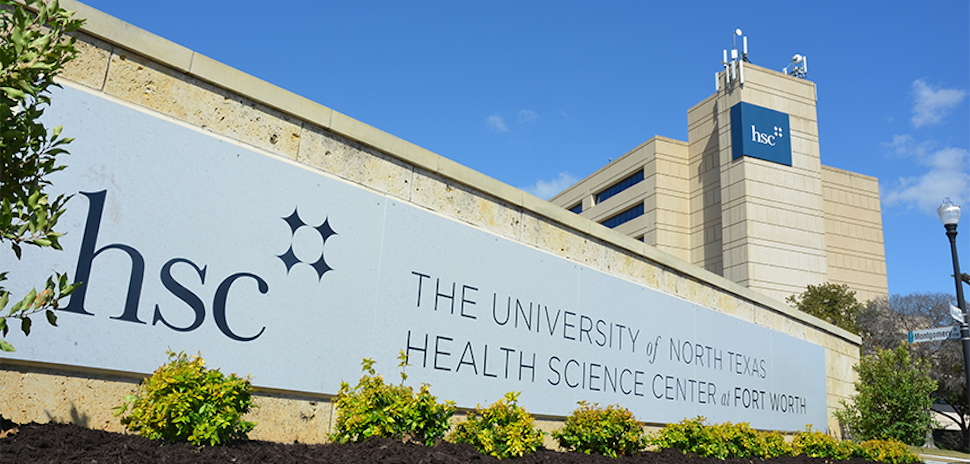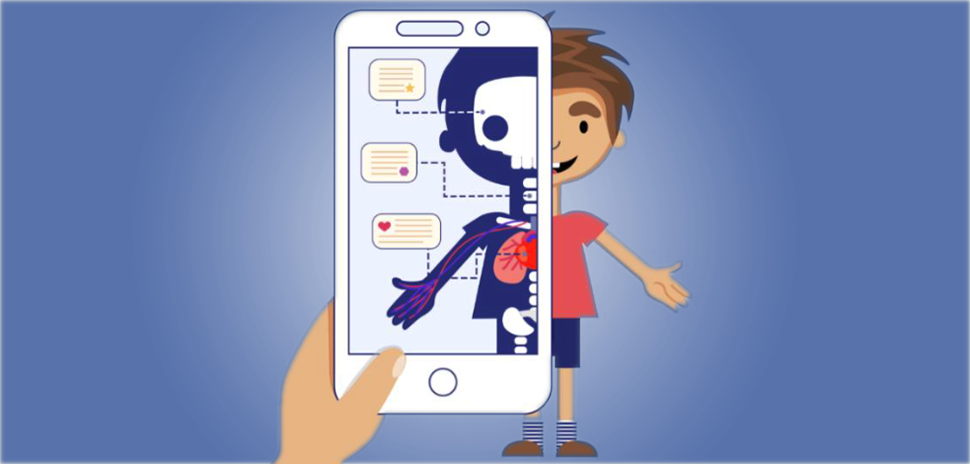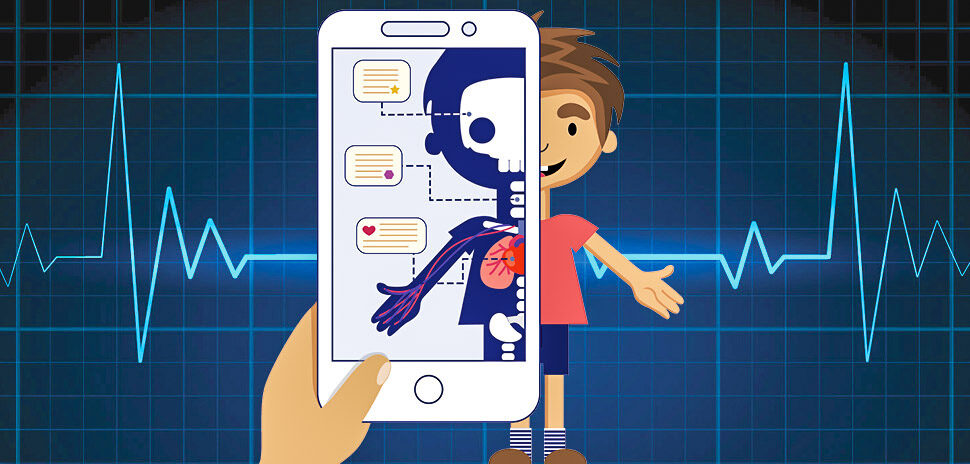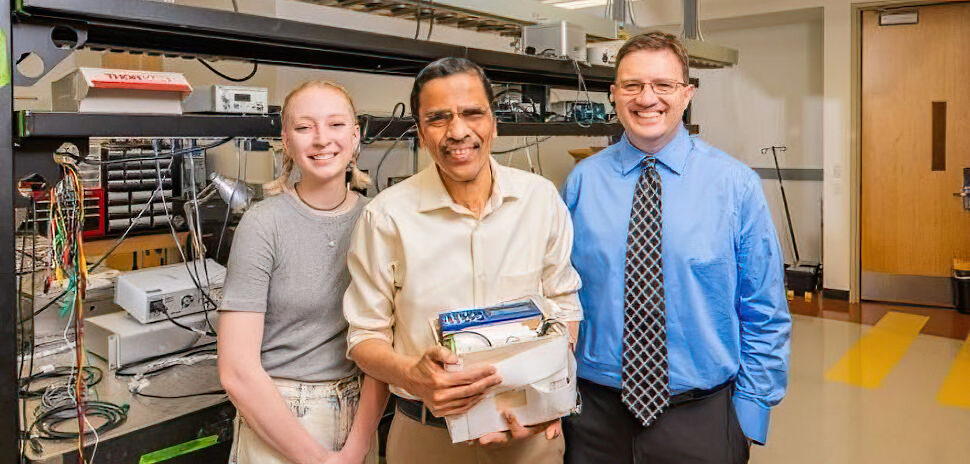A Dallas-based health research hub is working to integrate data on the social factors that can affect a person’s health into clinical workflows as a way to improve patient outcomes.
The Parkland Center for Clinical Innovation, a health IT research and development think tank developed by the Parkland Health & Hospital System, launched the Dallas Information Exchange Portal, a local health information exchange (HIE), in 2015.
It connects the hospital system to Dallas social services organizations such as food pantries and homeless shelters in an effort to help physicians and case managers streamline the coordination of health care among disadvantaged patients.
Now, it’s poised for growth, according to Becker’s Hospital Review, which recently reported on the think tank’s evolution and its impact thus far.
“Up to 50 percent of clinical outcomes are driven by social, economic, or environmental factors, and not necessarily related to the direct care the individual received.”
Steve Miff
“Up to 50 percent of clinical outcomes are driven by social, economic, or environmental factors, and not necessarily related to the direct care the individual received,” PCCI President and CEO Steve Miff told Becker’s. “That has basically set the stage and created the need for this solution to connect communities, and through that, to drive personalized medicine.”
The Dallas IEP comprises 100,000 individuals and contains data from roughly 250,000 encounters.
Since deploying a predictive risk score that illustrates how homelessness affects poor clinical outcomes, and implementing integrated care management and coordination services to respond, Parkland Health & Hospital System experienced a 26 percent reduction in readmissions for Medicare patients, according to Becker’s.
EXPANDING THE HEALTH-CARE NETWORK
Next, PCCI is targeting a few select clinical populations to personalize referrals even more, including diabetic and hypertension patients who don’t have access to healthy food.
PCCI developed workflows to help clinicians direct those patients from Parkland Health & Hospital System to two nearby food pantries, Becker’s reported.
Miff said that future subgroups might include the geriatric population or those affected by behavioral health or substance abuse issues, according to the report.
He said more than 600 other health systems and social services organization are interested in adopting the Pieces Iris platform, which PCCI developed in collaboration with Pieces Technology. Miff told Becker’s he expects to integrate such groups as skilled nursing facilities and home health agencies into the network.
“It’s a huge community, with a huge social need … You don’t tend to see an immediate commercial application,” he said. “The value becomes exponentially greater when more participants are part of the ecosystem, and we’ve finally reached that tipping point.”
Also, a pilot program for similar projects in other cities and states is being considered.
Dallas Innovates, every day
One quick signup, and you’ll be on the list.






























